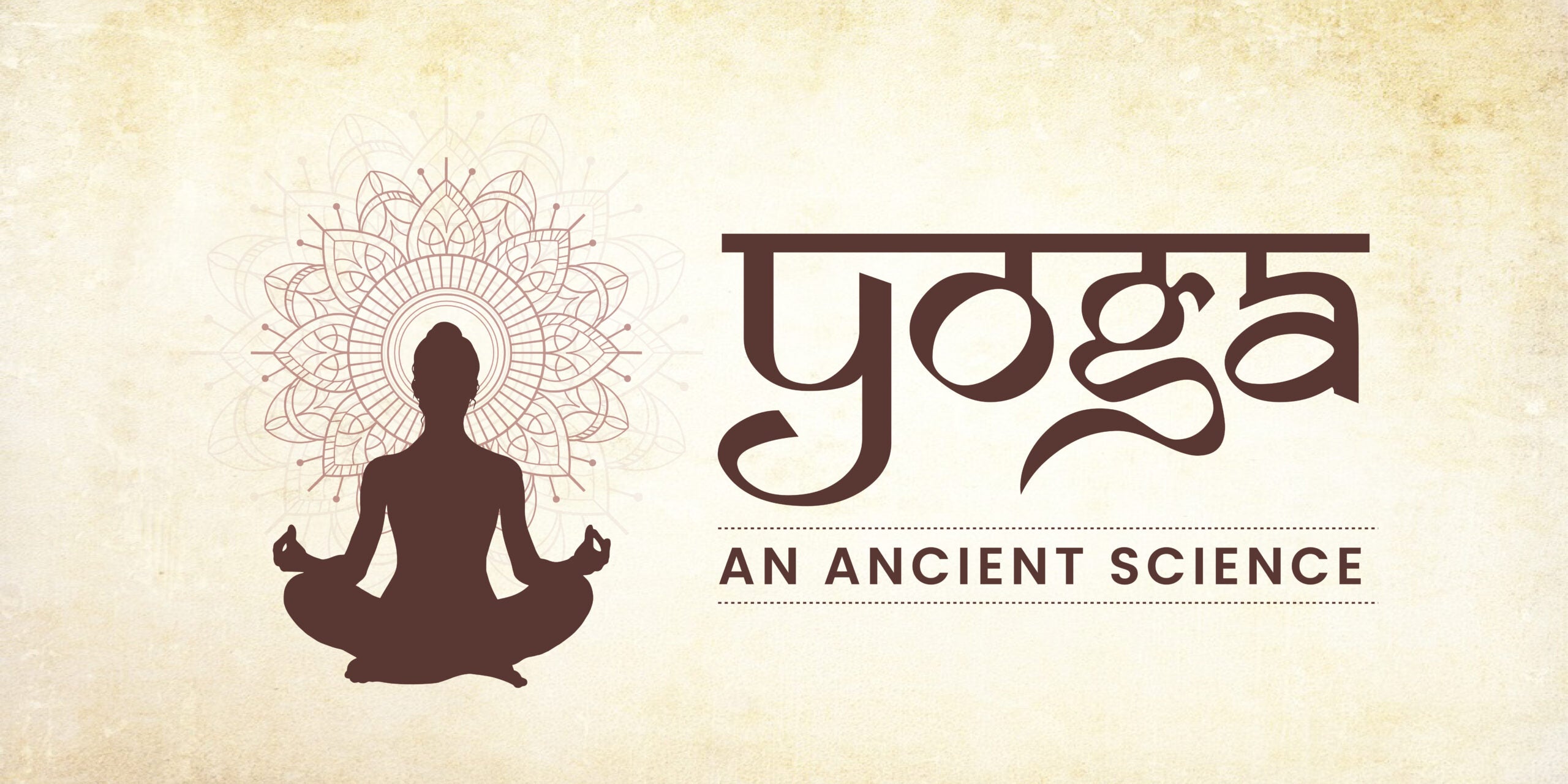In Ayurveda, honey is referred to as "Amrita" or "Nectar" due to its exceptional healing power and long history of use as both food and medicine. Ancient and modern science both recognize it to have tremendous health benefits. It has been used throughout all eras, cultures, and civilizations for thousands of years. Let's discuss it in detail and what it has to offer us.
What is Honey?

The upper food-digestive tract of the honeybee and flower nectar/nectar combine to form honey, which is then dehydrated within the beehive through a natural process. The sweet, yellowish liquid that honey bees make is known as "honey." One of the most prized and admired natural products that humans have known since the dawn of time is bees' honey. Depending on the plant source, it can have an extremely complicated chemical makeup. Since ancient times, it has been utilized as medicine.
Did you know?
According to drawings from the Stone Age, humans have been using it for almost 8000 years.
Composition of Honey
It contains about 200 different chemicals. Fructose and glucose are the main sugars in it, however, it also includes many amino acids, vitamins, minerals, fructooligosaccharides, and enzymes.
Properties of Honey:
Ayurvedic terminology
In Ayurveda, it is called 'Anupana'. 'Anupana' is a Sanskrit word meaning carrier. It can be used in a system to encourage the delivery of active elements to a differentiated tissue, penetrate deep into the cells, or moderate their impact in some way. Also honey is one of the best 'Yogavahi' substances. It implies that when the herbs in honey are mixed with other preparations, the medicinal characteristics of these preparations are improved.
Modern terminology
- antiseptic
- antimicrobial
- antipyretic
- anti-inflammatory
- antiallergenic
- sedative
- laxative
- anti-anemic,
- antioxidant
- healing and cleansing
- moisturizing and blood-purifying
- easily digestible
- Rehydrating agent
- Boosts immunity
- Useful in skin diseases
Health benefits of Honey
Honey has been used in many ancient cultures for both nutritional and medicinal purposes. It is used in external therapies for eye injuries, cutting, and burning wounds. Internally used to calm, treat, or diminish symptoms of respiratory disorders, fever, thirst, vomiting, hiccup, diabetes, decoctions that are cooked with adding bee honey, to treat obesity, in particular, honey from old hives is used.
1. Honey as an energy booster
It is extensively used in traditional medicine as a quick energy enhancer. It contains a wide variety of sugar molecules, namely glucose, and fructose. Fructose and glucose are two independent sugars in honey, as opposed to white sugar, which combines the two into sucrose and necessitates an additional step in the digestion process. As a result, glucose serves as a quick source of energy. Honey includes a variety of vitamins and minerals in tiny doses. Some of them are niacin, riboflavin, pantothenic acid, calcium, copper, iron, magnesium, manganese, phosphorus, potassium, and zinc.
2. Honey as an alternative to sugar
The harmful effects of white sugar on the body cannot be denied today. An excellent alternative that is equally delicious and safe to eat is honey. Although it has a similar chemical composition to white sugar, it differs from it in that it has 20% more complex sugars, around 30% more glucose, and 40% more fructose, two monosaccharides, or simple sugars. Additionally, it contains the starchy fiber dextrin. The body is able to control blood sugar levels because of this combination.
3. Honey helps with digestion
It contains enzymes that help to break down food and make it easier for our bodies to absorb nutrients. It also has a mild laxative effect, which can help to relieve constipation. Honey also has antibacterial properties, which can help to fight off infections in the gut. This makes it an excellent home remedy for digestive problems such as diarrhea and stomach flu. Smartveda Ginger Honey is a powerful digestive aid that combines the digestive properties of both Ginger and Honey.
4. Jamun Honey is good for diabetes
Being a natural sweetener, raw & unprocessed, Jamun honey is a healthy sugar substitute. It doesn’t cause a spike in sugar levels & thus is perfectly safe to consume for people with diabetes. It is made from Jamun flowers which inculcate its anti-diabetic properties. This does wonder for our blood sugar and also manages weight at healthy levels. There are numerous studies that not only conclude that Jamun honey is safe and effective in healing diabetes. Check out Smartveda Jamun honey.
5. Honey for Respiratory health
Nectar is a time-honored remedy for cough or sore throat. Also, it has anti-inflammatory and antimicrobial properties making it effective in treating other respiratory problems such as bronchitis and more respiratory infections. Consuming it regularly is believed to treat conditions including asthma and excessive mucous.
Did you know?
Honey can improve sleep quality in children; it can help decrease nighttime coughs.
6. Honey for Heart Health
Honey's effect on the human body depends on how you consume it. It has a different impact when consumed raw, warm, and cold. If mixed with lukewarm water, it has a positive effect on the red blood cell (RBC) count in the blood. It builds the oxygen-carrying capacity of the blood. Honey with a lukewarm water mixture raises blood hemoglobin content, which benefits people with anemic conditions. Honey also helps in hypertension & hypotension.
7. Honey for healing wounds, infections & skin diseases
Honey is a natural antiseptic and has anti-inflammatory properties that help to promote healing. It also has antibacterial properties that can help to prevent infection. It can be applied topically to the skin or taken orally. When applied to the skin, it can help to soothe and heal cuts, scrapes, and burns. When taken orally, it can improve skin health. Due to its fast absorption into the bloodstream, it works more quickly than many antibiotics.
Precautionary measures to take for eating honey
Although honey has healing abilities, depending on how it is utilized, it can also cause harm. Therefore it's crucial to take precautions while consuming it. According to a research study published in the World Journal of Pharmaceutical Research in 2021, precautionary measures to take are as follows -- Avoid overconsumption of honey as doing so results in Madhvama(indigestion condition).
- Do not cook or heat honey and mix it with hot foods. Also do not add to boiling water or milk. The study revealed that Heated honey combined with ghee resulted in the creation of HMF (hydroxyl-Methyl-Furfural), a chemical that may cause harmful effects and even act as a poison. Consuming it with lukewarm water is fine.
- Don't mix it with rainwater or fermented fruit juices like whiskey, rum, or brandy.
- Don't let infants younger than one year eat honey.
- Do not take equal portions of honey and ghee, as they cause an imbalance in Vata, Pitta, and Kapha doshas.
- It should not be combined with radishes, it can cause toxicity.
- People with diabetes should avoid eating it.
Some more interesting facts about Honey
- The highest medicinal value is attributed to honey from mountains.
- When sealed properly, it does not spoil readily.
- It is good for our heart, lungs, stomach, blood, and skin.
















